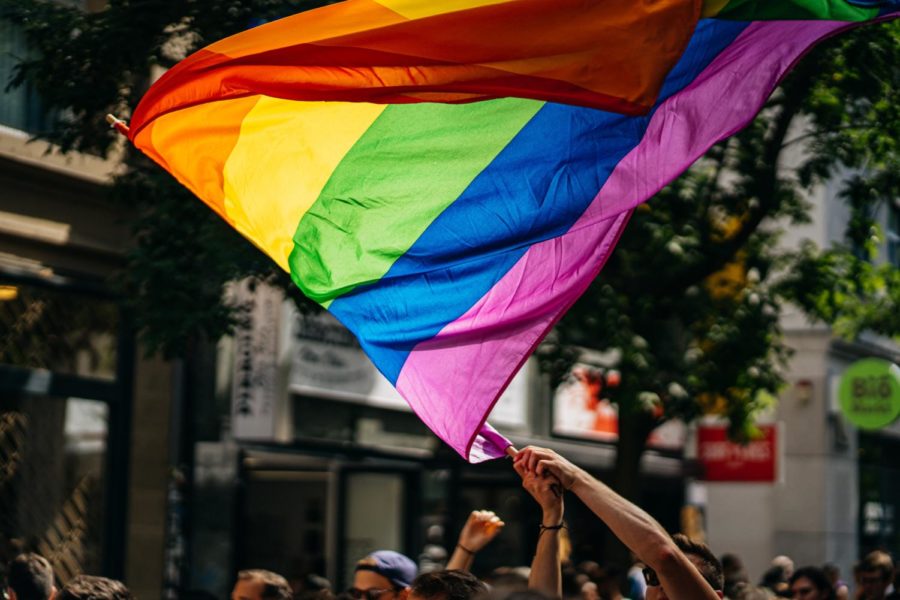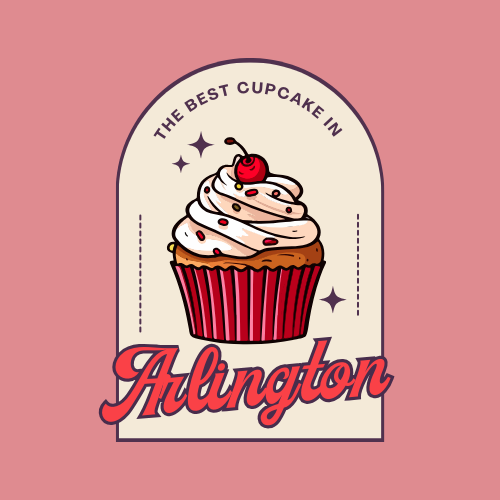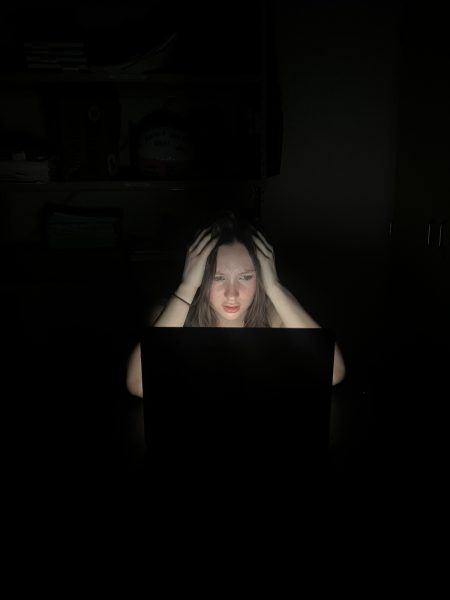Say gay
The impacts of silencing the LGBTQ+ community In schools
A celebration of LGBTQ+ pride takes place. Pride can be traced back to 1970, in which it began as a protest.
On March 28, Florida governor Ron DeSantis signed House Bill 1557, known to opponents as “Don’t Say Gay.” The bill states instruction in school on sexual orientation and gender identity in grades kindergarten through third grade must be “age-appropriate.” Under the disguise of “parental rights,” this bill will not only stop young people from learning about various identities the same way that they do heterosexuality, but prevent lesbian, gay, bisexual, transgender, queer or questioning and plus (LGBTQ+) teachers from talking about their identities and lives. Additionally, parents can sue schools that do not follow the bill, due to the vague and unclear language that fails to offer protection for schools.
While this bill only directly affects Florida citizens, similar censorship affects all LGBTQ+ youth, including Virginians. In November, the Spotsylvania County School Board banned “sexually explicit” books after calls to burn them. NBC Washington quoted one school board member saying, “I think we should throw those books in a fire. I guess we live in a world now that our public schools would rather have kids read about gay pornography than Christ.”
Noteably, book burning was a process utilized by Nazi Germany to stop the spread of books opposing Nazi ideology, making this an alarming development. According to NPR, Governor Glenn Youngkin campaigned off the idea that his opponent, Democrat Terry McAuliffe, didn’t want parents to have a say in what their children are being taught in school. Youngkin’s argument included topics such as race and sexual and gender identity.
By limiting exposure to differing identities at a young age in a heteronormative society in which children are typically assumed to be straight until they come out, LGBTQ+ youth are put at greater risk for mental illness due to lack of representation. With mental health already declining due to the COVID-19 pandemic, children need to be able to learn about and see themselves represented in the topics they study in school.
According to the Trevor Project, a suicide-prevent organization for LGBTQ+ youth, more than 80 percent of LGBTQ+ youth stated that COVID-19 made their living situation more stressful — and only one in three LGBTQ+ youth found their home to be LGBTQ-affirming, making time spent in a supportive community outside of the home even more crucial. By eliminating conversation about LGBTQ+ issues in schools, LGBTQ+ children without a supportive home environment are at a greater risk of suicide. LGBTQ+ youth with access to spaces that affirmed their sexual orientation and gender identity reported lower rates of attempting suicide, according to the Trevor Project. 42 percent of LGBTQ+ youth seriously considered attempting suicide in the past year, including more than half of transgender and nonbinary youth, making positive LGBTQ+ representation and acceptance key in saving the lives of LGBTQ+ students.
While some may argue that doctrines like the “Don’t Say Gay” bill help parents slowly introduce topics of sexuality in ways of their choosing, new information from Kids Health shows that kids or teens recognize their own sexual orientation with little doubt. This is exemplified by a study into development of sexual orientation and gender identity in thousands of youth across the nation, in which a San Diego State University team found that about one percent of nine and 10-year old children surveyed self-identified as gay, bisexual or transgender. For reference, 7.1 percent of U.S. adults identify as lesbian, gay, bisexual, transgender, or something other than straight or heterosexual, according to Gallup. Out of Generation Z American adults, one in five are a member of the LGBTQ+ community. Without one’s existence as an LGBTQ+ individual being reaffirmed by representation discussed by parents or at school, LGBTQ+ students will not be able to receive the help they may seek that may be essential in maintaining their livelihoods.
Similarly, anti-LGBTQ+ discussion should be stopped. Even in a relatively liberal school district like Arlington Public Schools (APS), “gay” is sometimes overheard as an insult between students. This not only triggers negative associations with the LGBTQ+ community, but can be additionally detrimental to the mental health of LGBTQ+ students. Within classrooms, positive discussions about gender and sexuality should be fostered, especially in health classes that exist to have those conversations.
At any age, children should be able to learn about the world and themselves, without avoiding topics such as LGBTQ+ identities. To censor education about LGBTQ+ matters is deeply harmful to members of the LGBTQ+ community. With the newfound precedent of the “Don’t Say Gay” bill, it is of utmost importance that we fight for LGBTQ+ voices to be heard in schools and to protect our LGBTQ+ communities. And most importantly, say gay.
What did you think about this story? Do you have any suggestions for improvements or other articles that you would like to see? Please use the contact form to communicate with us! (Keep all information school-appropriate)
https://docs.google.com/forms/d/e/1FAIpQLSeRYRWwLLzvs2rqwHSGdr-DQRvxhUSx9UcaXypXxnvVuCqwyA/viewform













